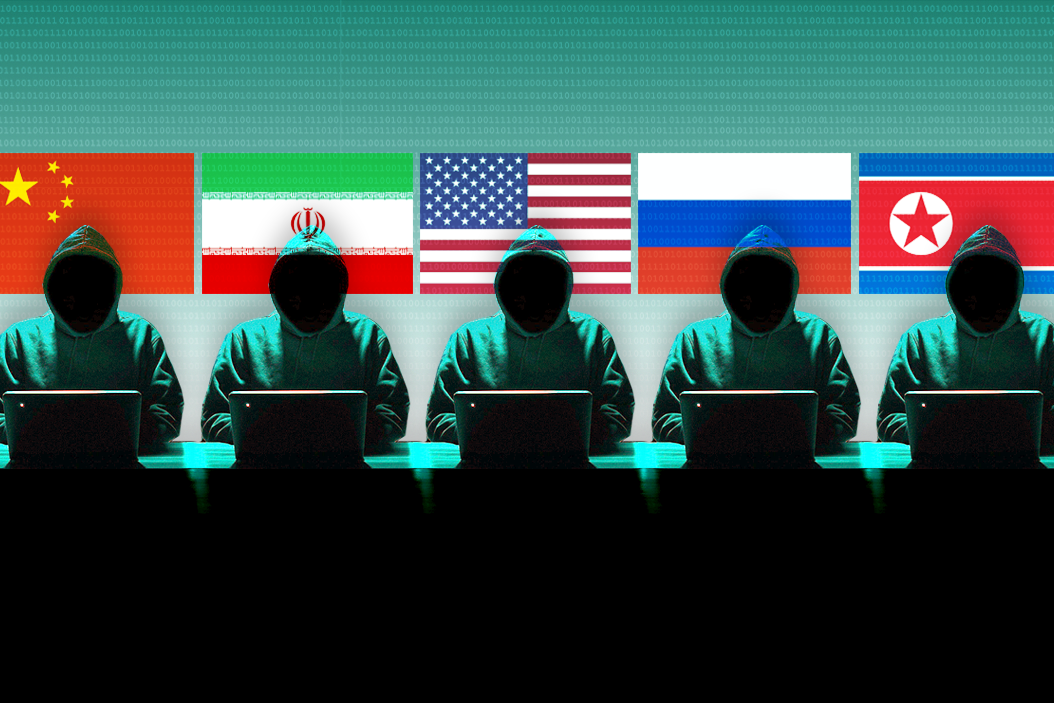1 billion: An anonymous hacker claims to have stolen the police records of about one billion Chinese citizens, almost three-quarters of the population. If true, it could be one of the biggest data hacks of all time — and very embarrassing for Beijing.
6: Six people were shot dead on Sunday after a gunman opened fire on an Independence Day parade in a suburb of the US city of Chicago. It's the first high-profile mass shooting in America since President Joe Biden signed the latest federal gun-safety laws and the Supreme Court ruled that Americans have a constitutional right to carry firearms.
100,000: The US Navy is offering up to $100,000 in rewards for information to help intercept weapons, drugs, and other illicit shipments in the Persian Gulf. The Americans worry about Iran supplying weapons to the Houthi rebels in Yemen despite an arms embargo and the ongoing truce in the country's civil war.
18: At least 18 people have been killed in Karakalpakstan, an autonomous province in the former Soviet republic of Uzbekistan, since the government last week revealed plans to limit secession rights in the constitution. If President Shavkat Mirziyoyev needs outside help to end the crisis, he may have to patch things up with regional cop Russia after being lukewarm on the war in Ukraine.
300 million: West African leaders agreed on Sunday to lift economic sanctions against Mali after its junta promised to return to civilian rule by 2024. The sanctions forced post-coup Mali to default on $300 million of sovereign debt so far this year.
More For You
Ian Bremmer breaks down a sudden and serious transatlantic crisis: President Trump’s insistence that the United States must have sovereignty over Greenland.
Most Popular
The US is criticizing a new EU trade deal with South America’s Mercosur bloc, saying it unfairly favors European farmers at the expense of American importers.
Think you know what's going on around the world? Here's your chance to prove it.
At this year's World Economic Forum in Davos, Switzerland, our Global Stage panel discussion will examine the growing infrastructure around AI, how countries are tackling AI adoption, and the ways in which local and supranational industries might benefit from this rapidly accelerating technology. Watch the live premiere on Wednesday, January 21st at 12PM ET/6 PM CEST at gzeromedia.com/globalstage
